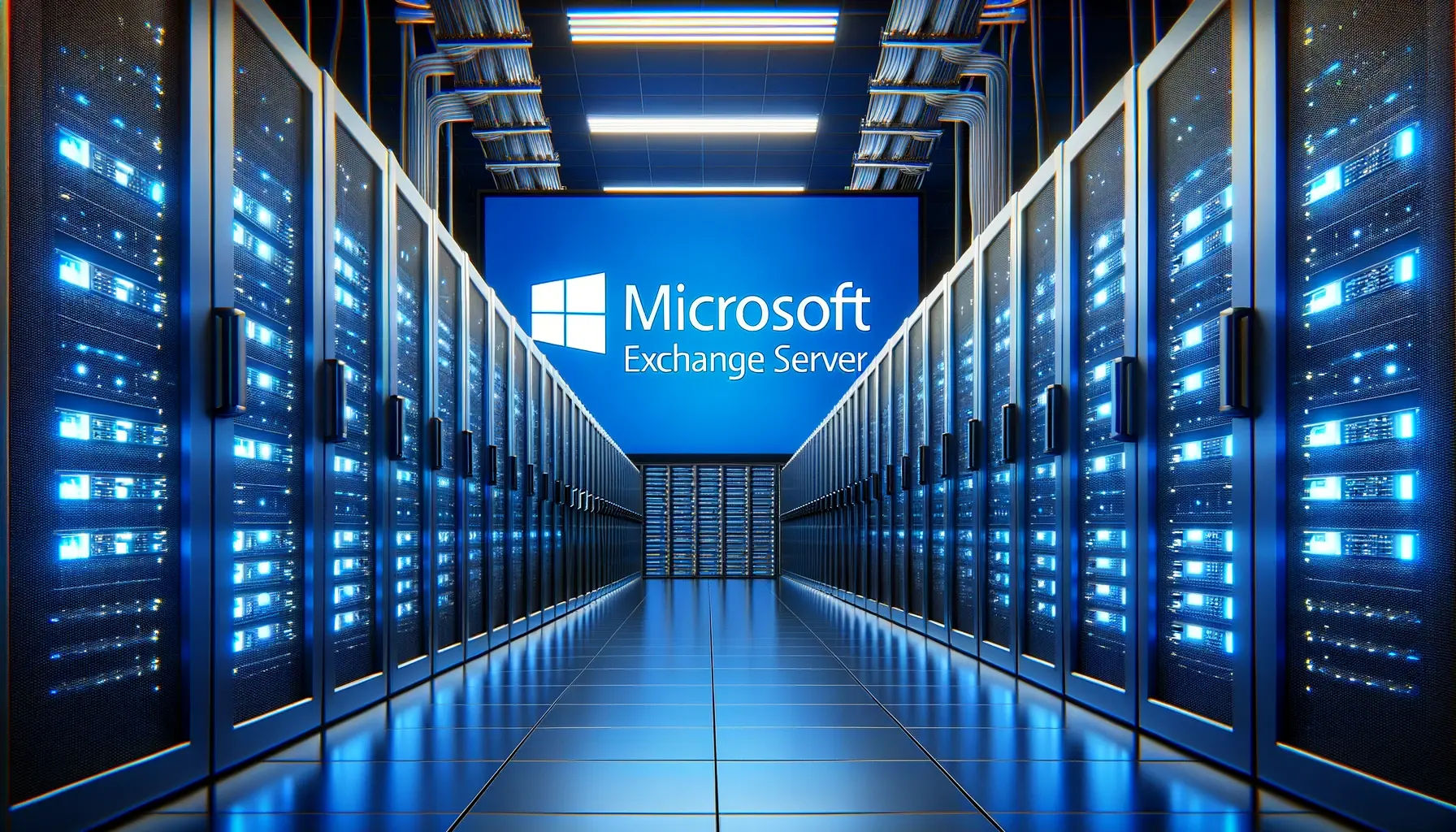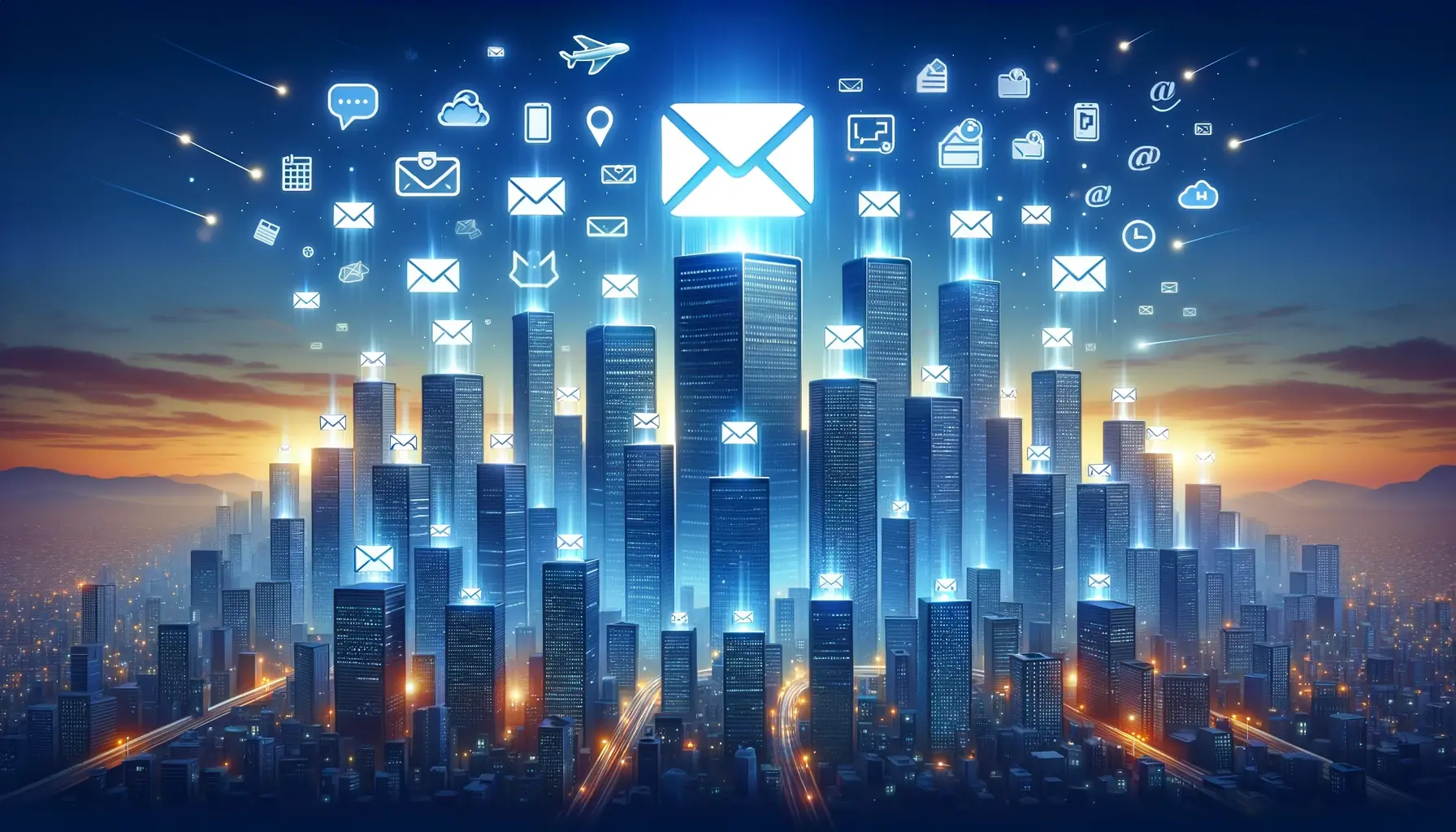Microsoft CAL for Exchange Server 2013 - Efficient licensing for e-mail communication
Introduction to Microsoft CALs for Exchange Server 2013
Microsoft Exchange Server 2013 is a proven solution for email communication and collaboration in companies. To use Exchange Server 2013 effectively, Microsoft CALs (Client Access Licenses) are required. In this text, we provide you with an easy-to-understand overview of what they mean and how they work.

The importance of Microsoft CALs for Exchange Server 2013
Microsoft CALs for Exchange Server 2013 are licenses that allow users or devices to access the powerful features and services of Exchange Server. They are essential to ensure that your email communications are efficient, secure and legally compliant.
Why are Microsoft CALs for Exchange Server 2013 important?
Proper licensing with Microsoft CALs for Exchange Server 2013 is critical to avoid legal ramifications and ensure that your employees can seamlessly access email, calendar and other Exchange services.
Types of Microsoft CALs for Exchange Server 2013
There are two main types of Microsoft CALs for Exchange Server 2013:
-
User CALs: These licenses are user-based and allow a specific user to access Exchange Server 2013. User CALs work well if you have an organization with many devices and fewer users.
-
Device CALs: Device CALs are device-based licenses that are tied to a specific device. They allow all users who use this device to access Exchange Server 2013.
Purchasing CALs for Exchange Server 2013
As a rule, Microsoft CALs for Exchange Server 2013 must be purchased separately from the server software. It is important to purchase the right number and type of CALs according to your organization's individual requirements.

Conclusion
Microsoft CALs for Exchange Server 2013 are the key to smooth and legally compliant email communication in your company. The choice between User CALs and Device CALs depends on your specific business situation. Correctly licensed CALs ensure that your employees can access Exchange Server 2013 efficiently and in compliance with the law. Make sure you purchase the right CALs to ensure the efficiency and legality of your Exchange Server 2013 usage.









































